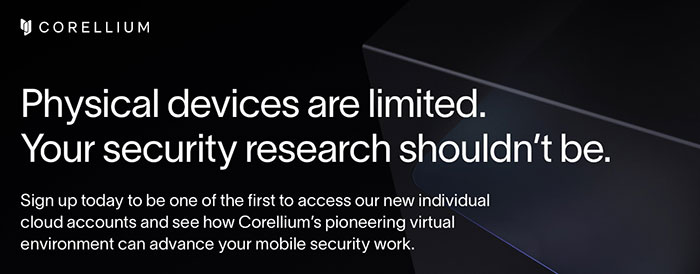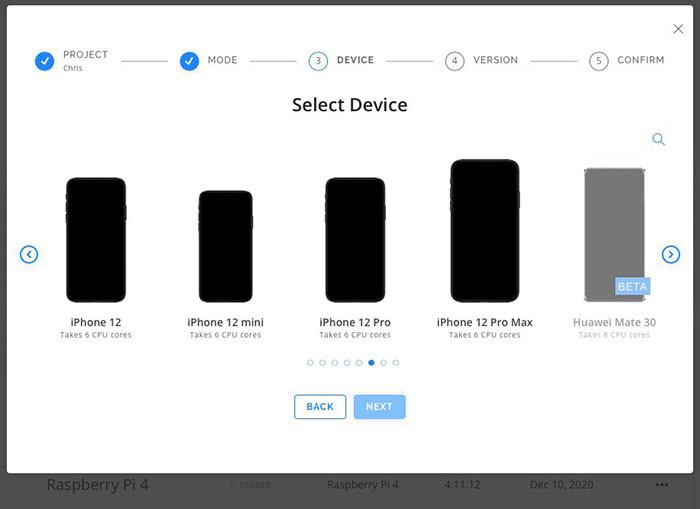Apple's copyright case against a startup that makes virtualisation software has been tossed out of court by a federal judge in Florida. In August last year Apple filed a lawsuit asserting that Corellium's virtualisation software infringed its copyright. After hearing arguments from both sides, U.S. District Judge Rodney Smith ruled that Corellium's software amounted to 'fair use' due to it being transformative and very helpful to developers finding security flaws.

So, what is Corellium's controversial product? If you check out the firm's web site you will see that it sells access to development software that creates "virtual devices with real-world accuracy," in your web browser. It promises to remove physical barriers and take inaccurate emulators out of this type of testing with its app streaming and high fidelity Arm device modelling – using Arm-based cloud servers.
Using Corellium's tools it is easier for a security researcher to quickly fire up a simulated iPhone and hunt for potential bugs. TechCrunch explains that it is also easy to A-B various versions of iOS, boot up various instances of iOS, modify the kernel, as well as pause and peek at what is going on – a great tool for bug tracing and fixing as well as security research.

After careful consideration Judge Smith ruled that Apple's claims were "puzzling, if not disingenuous". In his ruling he wrote that "weighing all the necessary factors, the Court finds that Corellium has met its burden of establishing fair use. Thus, its use of iOS in connection with the Corellium Product is permissible." Moreover, Smith highlighted the fact that Apple had been attempting to acquire Corellium in several months of negotiations in 2018 and had tried its virtualisation product internally before talks fell through.
While Smith's decision has swatted away Apple's copyright claims (though it could appeal) the Cupertino tech giant still has DCMA violation claims under consideration by the courts.













